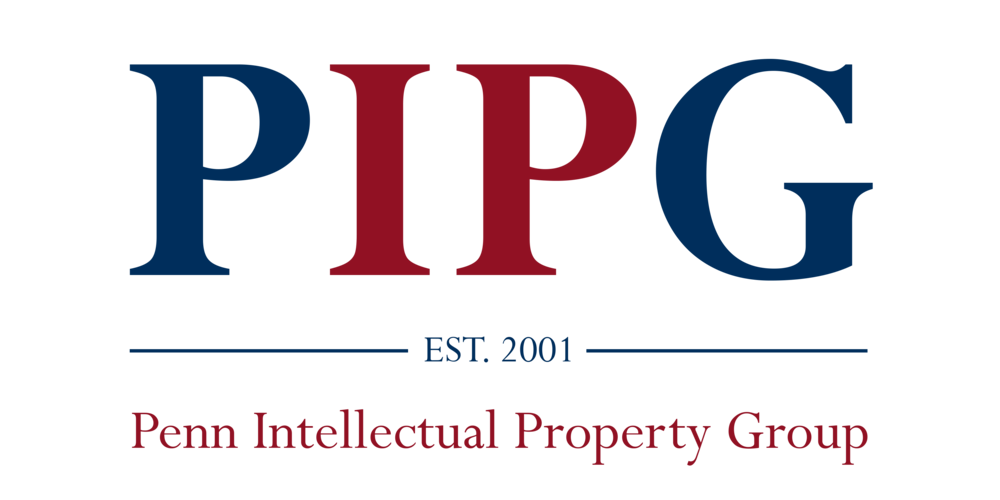WELCOME
PIPG and the Center for Technology, Innovation, and Competition (CTIC) are pleased to present the 2014 PIPGSymposium beginning at 12:30 pm on Thursday, March 20, 2014. This year’s symposium is Patent Law: the New, the Disruptive, & the Debate, featuring Judge Alan D. Lourie from the United States Court of Appeals for the Federal Circuit as the keynote speaker. The panels will include leading practitioners, academics, and jurists in the field of patent law. We will discuss issues from recent landmark cases, new and pending legislation, as well as novel challenges posed by alternate business models and disruptive technology. The Symposium will culminate in a lively Oxford-style debate over the Innovation Act of 2013 moderated by Judge Kent A. Jordan of the United States Court of Appeals for the Third Circuit. Please join us at University of Pennsylvania Law School on Thursday, March 20, 2014 for this exciting event.
Read MoreWhen the America Invents Act (AIA) went into full effect on March 16, 2013, it brought along with it some major changes to American patent law. The most significant change was to switch the American first-to-invent patent-filing system to align with the system used around the world, first-to-file. Along with this major change came a new kind of “post-grant” proceeding called inter partes review, or IPR. Post-grant review proceedings are used to allow parties to challenge the validity of recently granted patents outside of federal court – in the Patent and Trademark Office.
Read MoreBy Sherry Shen, L '16 What do Salt Lake City and Singapore have in common? Normally not very much, but officials from the United States, Australia, Brunei, Canada, Chile, Japan, Malaysia, Mexico, New Zealand, Peru, Singapore, and Vietnam have been burning the midnight oil in these two cities in order to conclude one of the most pivotal and sweeping free-trade pacts in history. The countries involved have a combined GDP of $28 trillion dollars or roughly 40% of the world’s GDP, and the agreement, known as the Trans-Pacific Partnership (TPP), seeks to enhance trade and investment among all the TPP partner countries. In the course of negotiations, some items that have drawn the most controversy, and still remain to be resolved, concern intellectual property.
Read MoreBy Weining Bai, Penn Law ‘16 In the event that you’re not fluent in I.P. law jargon, and for some reason happen to be reading this, how does the term “patent assertion entity” grab you? Most will probably find the term neutral or perhaps even constructive, and have no idea what it means. Google it, and one of the top results you will see, is the link to the Wikipedia entry for “Patent Troll.” Now that probably sounds much more familiar.
Read Moreby Casey Kraning-Rush, Ph.D., L'16 In 2011, a Boston University study found that business entities in the United States incurred $29 billion in direct costs due to acts by patent assertion entities (PAEs), sometimes referred to in the media as patent trolls. PAEs are companies which enforce patent rights by alleging infringement with the aim of collecting licensing fees or settlement costs, without actually manufacturing the products covered by their patents. This past June, President Barack Obama publically urged Congress and the United States Patent and Trademark Office (USPTO) to take steps towards reducing abusive lawsuits by enacting legislation and examination rules aimed at increasing specificity in both claim language and infringement allegations.
Read More






